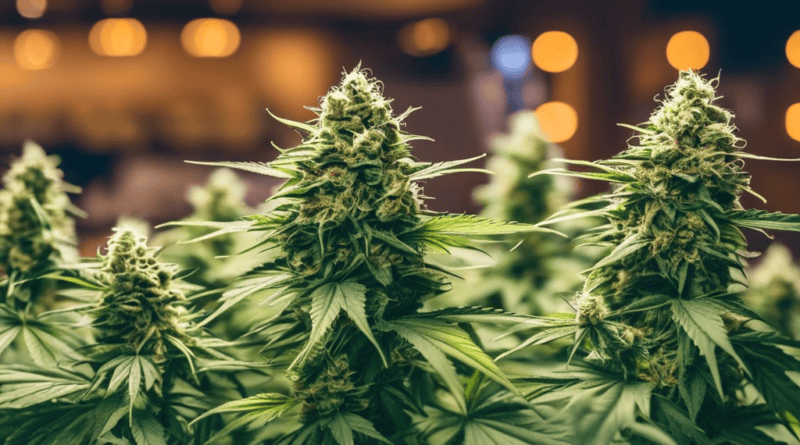Pennsylvania Governor Signs Bill Easing 280E Tax Burden on Cannabis Businesses
Pennsylvania Governor Josh Shapiro has signed a significant bill into law that aims to alleviate the heavy tax burdens faced by cannabis businesses under Section 280E of the federal tax code. The bill, part of the 2025 budget legislation, seeks to provide state-level tax relief for medical cannabis businesses, addressing long-standing financial challenges within the industry. Governor Shapiro signed the bill into law on July 12, 2024, marking a pivotal moment for the cannabis sector in Pennsylvania.
Implications of Section 280E
Section 280E of the federal tax code has long been a thorn in the side of cannabis businesses. It prohibits these enterprises from deducting ordinary business expenses, which has led to effective tax rates that often exceed 70%. This crushing tax burden has the potential to erase profits for licensed marijuana retailers, making it incredibly difficult for these businesses to thrive. The newly signed bill offers a lifeline by allowing some medical cannabis businesses in Pennsylvania to take state-level tax deductions, mitigating the impact of 280E at least partially.
Despite this progress, the broader issue of federal 280E taxation remains unresolved. There is growing anticipation that the Biden administration’s proposal to reclassify marijuana from a Schedule I to a Schedule III substance might eventually settle the 280E dilemma. Such a reclassification would enable cannabis businesses to deduct their ordinary business expenses, potentially saving them millions annually and spurring industry growth.
Advocacy and Future Prospects
While the latest state budget bill offers a measure of relief, it does not include provisions for the legalization of recreational marijuana. Governor Shapiro had initially proposed legalization, but it was ultimately excluded from the final budget legislation. Nevertheless, advocates for recreational marijuana legalization remain undeterred. They continue to push for reform, emphasizing the potential for increased state revenue and job creation.
In the meantime, multiple states have taken their own steps to offer tax relief for cannabis businesses as Congress delays federal action. By implementing state-level tax deductions, these states provide much-needed financial relief and foster the growth of a legally complex industry. Pennsylvania’s recent legislation aligns it with states that have already enacted similar measures, marking an important step forward.
Looking ahead, proponents of cannabis reform are hopeful that the progress made in Pennsylvania’s latest budget legislation will pave the way for further action. As the legislature reconvenes in September, there is optimism that standalone proposals for recreational marijuana legalization will gain traction. The ongoing efforts to resolve tax and regulatory challenges reflect the evolving landscape of the cannabis industry and the growing recognition of its economic potential.

